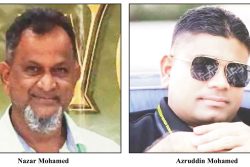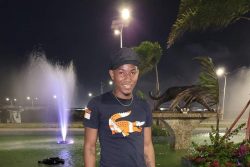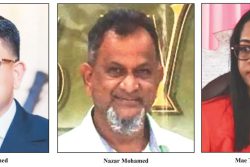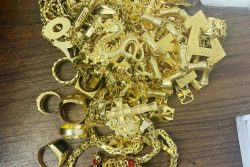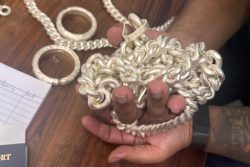Dear Editor,
May 26, 2024 marks 58 years since the conferral of independence status to the then colony of British Guiana after some 150 years of British colonial rule. I wish to share some perspectives on Guyana’s independence struggle, especially in light of conflicting narratives on who and which political party can be credited as the architect of our independence struggle.
It is an established fact that British Guiana was in the international spotlight due mainly to the leftist orientation of the PPP, under the leadership of Dr. Cheddi Jagan. It will be recalled that the British Government suspended the colony’s constitution in 1953 out of concern that the policies of the PPP were too ‘extremist’. The final straw that literally broke the camel’s back was the attempted passage of the Labour Relations Bill which would have given recognition to the Guyana Industrial Workers Union (now GAWU) which was the favoured union by sugar workers, as opposed to the Man Power Citizen’s Association (MPCA) which was seen by the workers as a company union. The Bill, in the words of Dr. Jagan, touched ‘King Sugar’ which eventually led to the demise of the short-lived PPP government.
Interestingly, the PPP went on to win subsequent elections in 1957 and 1961 but there was always an uneasy relationship between the PPP regime and the British Government especially in the context of Cold War politics. The fact that Fidel Castro took power through revolutionary means in Cuba, considered to be the US backyard, exacerbated fears of the potential emergence of a ‘second Cuba’ in the western hemisphere. Based on such fears, the Kennedy administration applied pressure on the British Government to delay independence to the colony until such time that a way was found to remove the PPP from office.
That way was found when the British Government imposed a system of proportional representation in the 1964 elections. The PPP had won all elections since 1953 under the constituency system of voting. The elections of 1964, under proportional representation, saw the formation of a PNC-UF coalition government. Two years later, independence was granted on May 26, 1966 even though the British Government had earlier given a commitment that independence will be granted after the 1961 elections. The PPP had won that election and Britain reneged on its promise.
Independence therefore was handed to the PNC-UF administration under the leadership of Forbes Burnham, despite the fact that it was Dr. Jagan and the PPP that led the struggle for independence. Dr. Jagan was unrelenting in his advocacy for independence. He had the distinction of being the first leader of a colony to have petitioned the United Nations Decoloniza-tion Committee for early independence, which no doubt precipitated the decision by Britain to consider the granting of independence to the colony. Burnham, on the other hand, was driven primarily by political opportunism and a desire to assert himself politically in the affairs of the country as was pointed by the Robertson Commission which was set up by the Colonial Office to examine the reasons for the suspension of the constitution.
Be that as it may, independence for Guyana was undoubtedly a step forward in terms of our sense of nationhood and was warmly received by the majority of the Guyanese people. The hoisting of the Golden Arrowhead and the lowering of the Union Jack remained etched in the memories of all Guyanese who witnessed that epoch-making ceremony.
Sincerely,
Hydar Ally
